I. Essential Documents
1. Original Chinese Driver’s License + Official Translation or Notarized Copy
Germany permits short-term self-driving with a Chinese driver’s license, typically within six months. However, you must carry one of the following documents:
– A sworn translation issued by an officially recognized German translation agency (costing approximately €30–50).
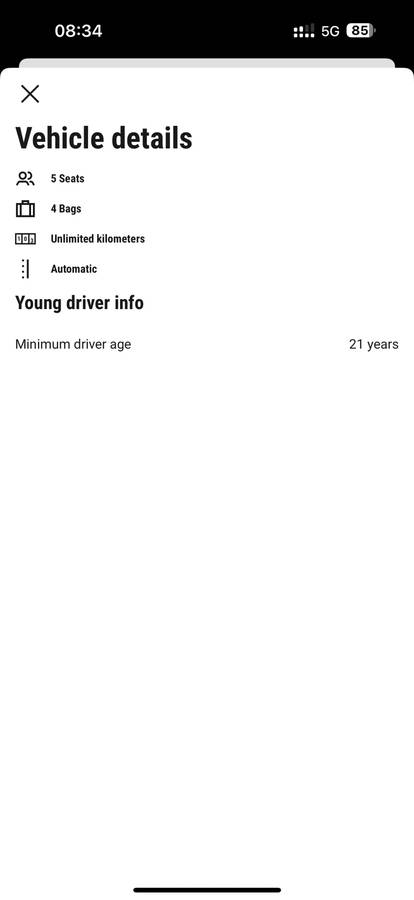
– Consular legalization, which involves notarizing your Chinese driver’s license through a public notary, obtaining certification from the Foreign Affairs Office, and finally having it authenticated by the German consulate.
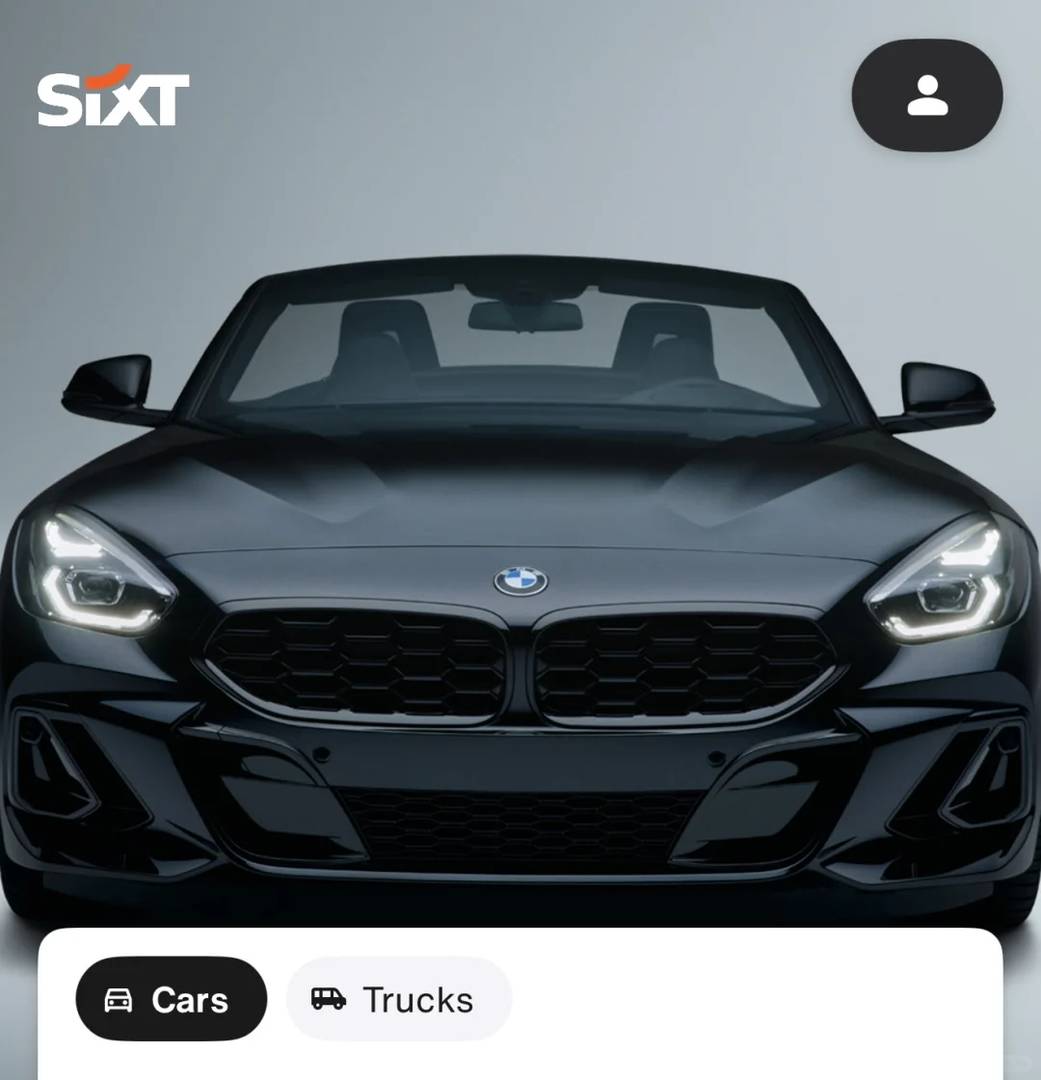
2. Passport and Visa
Ensure your passport remains valid throughout your stay in Germany. Additionally, confirm that your visa type allows for self-driving, such as a tourist or business visa.
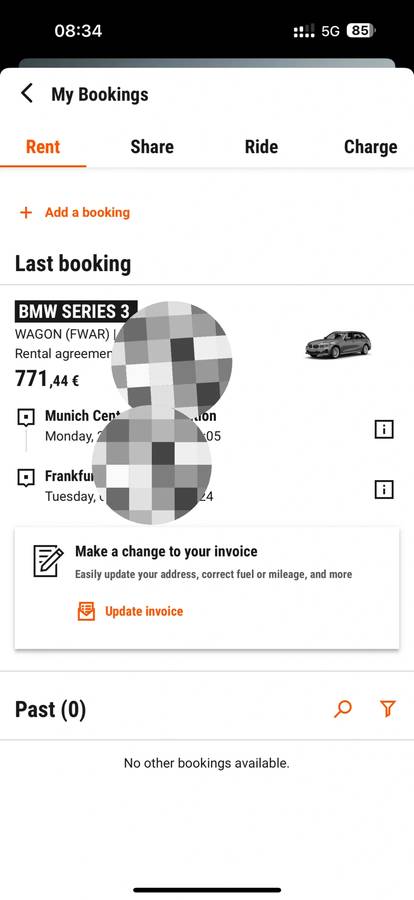
3. Credit Card
When renting a car, expect a pre-authorization deposit ranging from €500 to €2000. It is highly recommended to use a mainstream credit card with a chip (Visa/Mastercard) for smoother transactions.
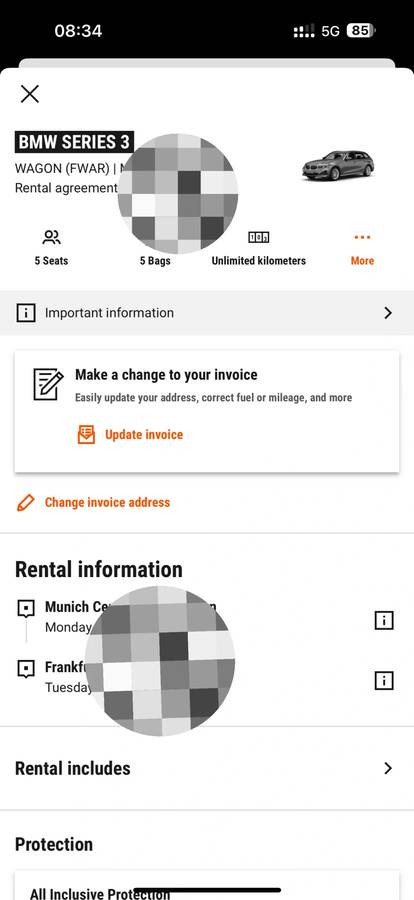
—
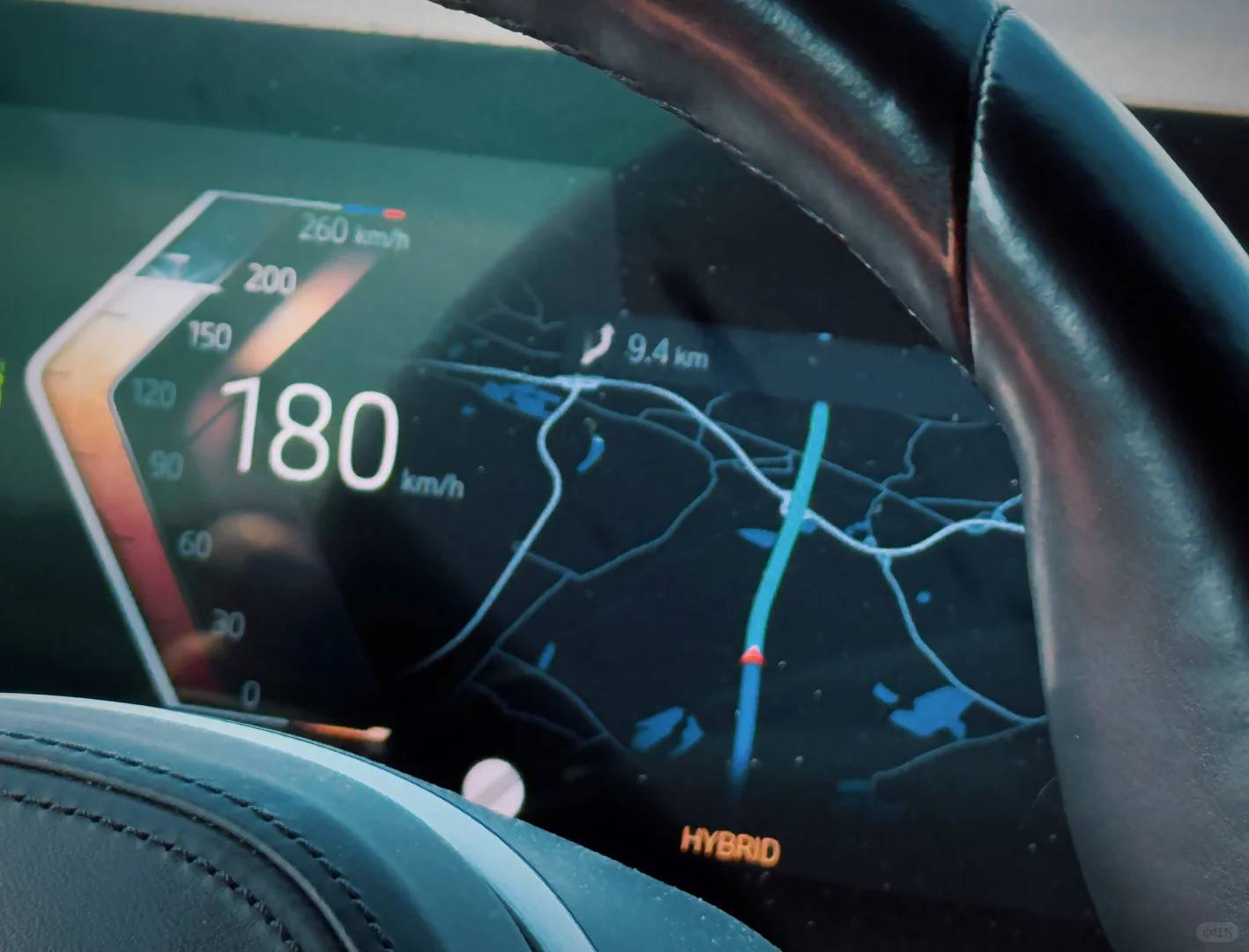
II. Vehicle-Related Preparations
1. Car Rental Selection
Most rental companies require drivers to be at least 25 years old. If you are between 21 and 24, you may need to pay a “young driver fee,” which generally costs €15–30 per day.

2. Insurance
Basic insurance, such as Third-Party Liability, is usually included. However, it is advisable to upgrade to “Super CDW” to protect against minor damages. Check whether tire, glass, and theft insurance (especially important in large cities) are covered in your plan.
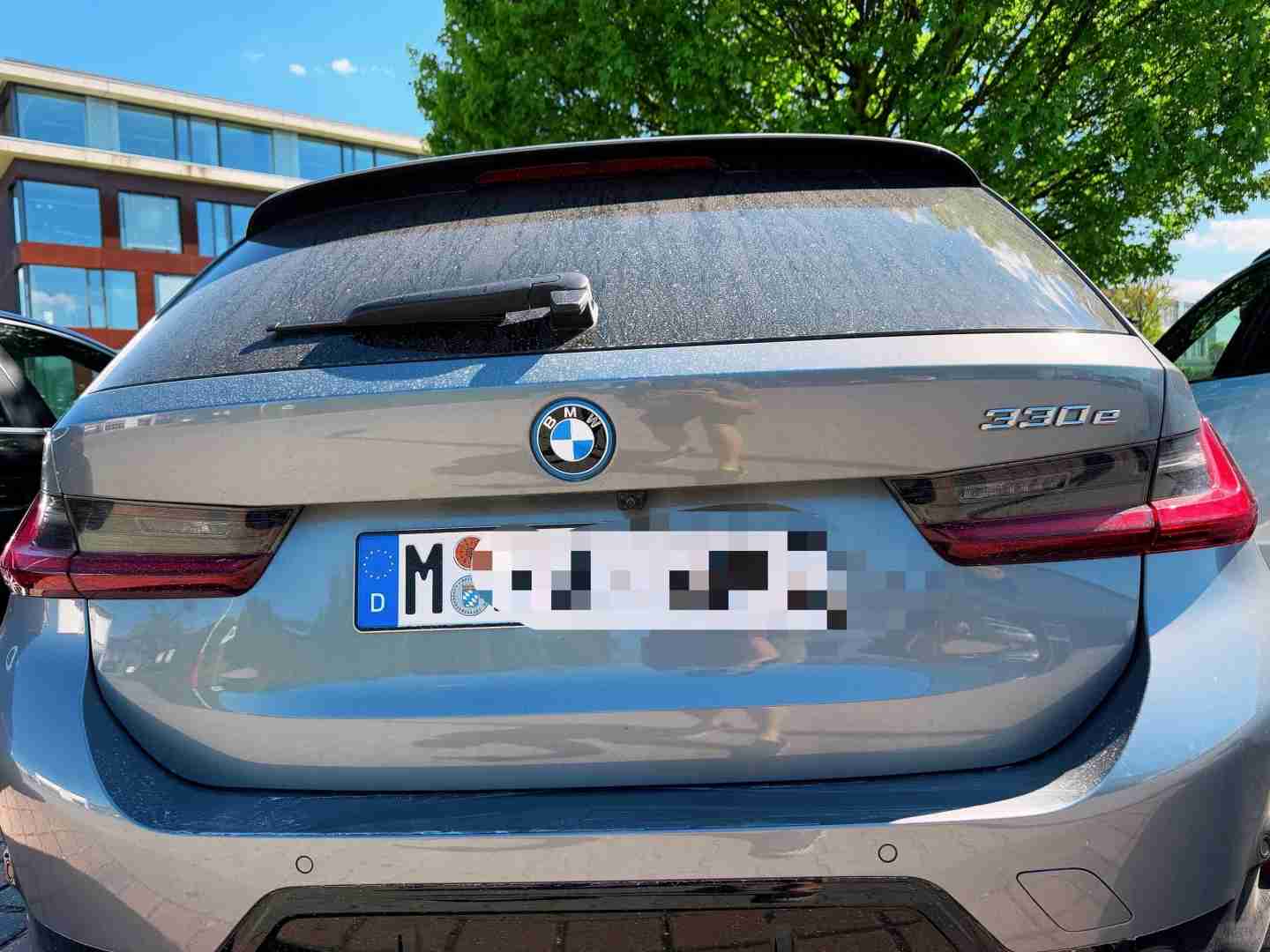
3. Transmission Type
Germany predominantly offers manual transmission vehicles. Automatic cars are available but tend to be slightly more expensive.
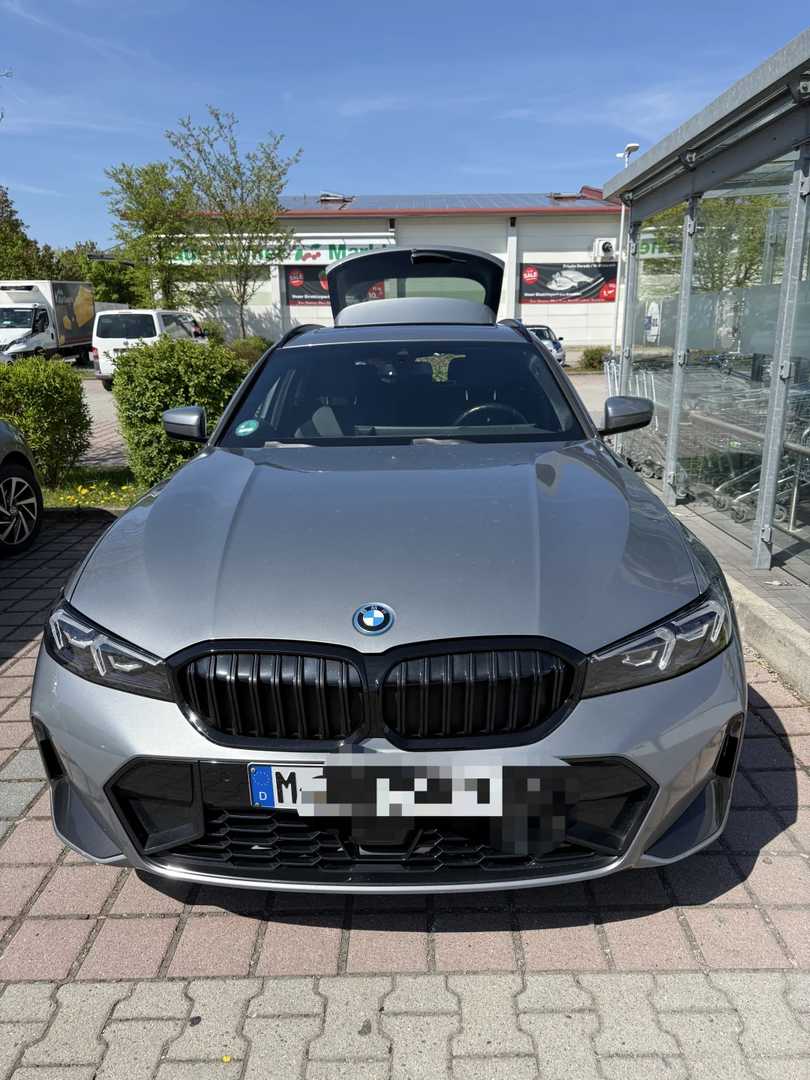
4. Vehicle Documents
Ensure you have the rental contract, vehicle registration (Fahrzeugschein), and green insurance card on hand—these must always remain in the vehicle.
5. Vehicle Inspection
Upon picking up your car, thoroughly inspect it for scratches, verify the fuel level, check the tires and lights, and document everything with photos or videos as evidence.
—
III. Driving Rules and Habits
1. Speed Limits and Right of Way
On highways (Autobahn), some sections lack speed limits, but beginners are encouraged to stick to 130 km/h or less. The right lane is designated for regular driving, and you should return to it after overtaking.
In urban areas, the speed limit is typically 50 km/h, while residential zones often cap at 30 km/h. Be mindful of temporary speed restrictions near schools. Always remember: vehicles approaching from the right have priority unless otherwise indicated by signage. Pedestrians always have the right of way, and vehicles inside roundabouts yield to those entering.
—
IV. Navigation and Communication
For seamless navigation, consider using Google Maps or built-in car navigation systems. These tools will guide you efficiently through Germany’s well-organized road network.
—
V. Parking and Refueling
1. Parking Rules
– Blue Zones: Use a “parking disc” (Parkscheibe) if provided with your rental. For paid parking, purchase a ticket from the machine, note the time, and display the receipt on your dashboard.
– Avoid parking in disabled spaces or fire lanes, as violators risk being towed away.
2. Refueling
Fuel stations in Germany are primarily self-service. Be sure to differentiate between diesel (Diesel) and gasoline options (Super 95/E10 or Super Plus 98). Payments can be made via card directly at the pump or in cash at the store—remember to input your fuel pump number correctly.
—
Follow these guidelines, embrace the adventure, and enjoy a smooth and memorable journey! 🚗💨